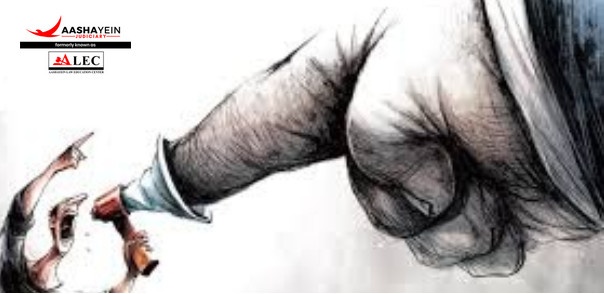Introduction:
The Supreme Court of India addressed a critical issue regarding freedom of speech and expression under Article 19(1)(a) of the Constitution. The case revolved around the imposition of restrictions on Romesh Thappar’s magazine, Crossroads, by the Madras government, under the Madras Maintenance of Public Order Act, 1949. This case highlighted the balance between individual rights and state interests, particularly in a nascent democratic India.
Facts of the Case:
Romesh Thappar, a prominent communist leader, faced a government-imposed ban on his magazine Crossroads by the Madras government, which invoked Section 9(1-A) of the Madras Maintenance of Public Order Act, 1949. The government banned the magazine’s circulation, claiming it was a threat to public safety due to its critical stance on Prime Minister Jawaharlal Nehru’s foreign policy. Thappar challenged the ban, claiming it infringed his fundamental right to freedom of speech and expression under Article 19(1 (a)( Guarantees the right to freedom of speech and expression) of the Indian Constitution.
Issues:
- Whether the Madras government’s order under Section 9(1-A) of the Madras Maintenance of Public Order Act violates Article 19(1)(a) of the Constitution, or falls within the restrictions of Article 19(2) - Allows restrictions on freedom of speech in cases of public order, national security, etc., but these must be narrowly defined.)
- Whether Section 9(1-A) of the Madras Maintenance of Public Order Act is void under Article 13(1) of the Constitution for violating the fundamental right to free speech.
- Whether the petitioner must exhaust remedies under Article 226(Grants High Courts the power to issue writs for the enforcement of fundamental rights.) before approaching the Supreme Court under Article 32(Provides the right to move the Supreme Court for the enforcement of fundamental rights.).
You can also read the Blog by visiting [Blog]
For more information, visit [Aashayein Enquiry Section]
Contentions of the Petitioner:
The petitioner, Romesh Thappar, argued that the ban on his magazine Crossroads violated his fundamental right to freedom of speech and expression guaranteed by Article 19(1)(a) of the Constitution. He contended that Section 9(1-A) of the Madras Maintenance of Public Order Act was unconstitutional as it was inconsistent with Article 13(1), which protects fundamental rights from being abridged by laws that are inconsistent with the Constitution.
Contentions of the Respondent:
The Advocate-General of Madras argued that Thappar should have first sought relief from the High Court under Article 226 before approaching the Supreme Court under Article 32, citing procedural norms. The respondent further contended that the ban on the magazine was justified to preserve public order and safety, as the publication allegedly posed a threat to national security and the stability of the government.
Court’s Analysis:
- Direct Access to the Supreme Court: The Supreme Court held that the petitioner had the right to directly approach the Court under Article 32, which guarantees the right to move the Court for the enforcement of fundamental rights, without the necessity of exhausting remedies under Article 226 first.
- Freedom of Speech and Expression: The Court clarified that Article 19(1)(a) guarantees the freedom to propagate ideas and circulate information. The right to free speech includes the freedom to express views and opinions, and any restriction on it must be proportionate and within the scope of permissible restrictions under Article 19(2).
- Section 9(1-A) of the Madras Maintenance of Public Order Act: The Court reviewed Section 9(1-A) and its compatibility with the constitutional framework. The majority opinion held that this provision violated the fundamental right to free speech, as it was overly broad and did not satisfy the requirements under Article 19(2), which permits restrictions only in cases where speech threatens national security or public order.
The Court emphasized that restrictions on speech must be narrowly tailored and should not be used to suppress mere dissent or criticism of the government, as was the case here.
- Doctrine of Severability: The Court invoked the Doctrine of Severability, declaring Section 9(1-A) void under Article 13(1), which prohibits laws that are inconsistent with fundamental rights. Justice Fazal Ali, however, dissented, arguing that the restriction was reasonable for maintaining public order and security.
Conclusion:
The Court held that the imposition of a ban on Crossroads violated Article 19(1)(a) and declared Section 9(1-A) of the Madras Maintenance of Public Order Act unconstitutional under Article 13(1). The case underscored the importance of protecting democratic values, including free speech, while also setting a precedent for judicial scrutiny of state actions that infringe upon fundamental rights.

